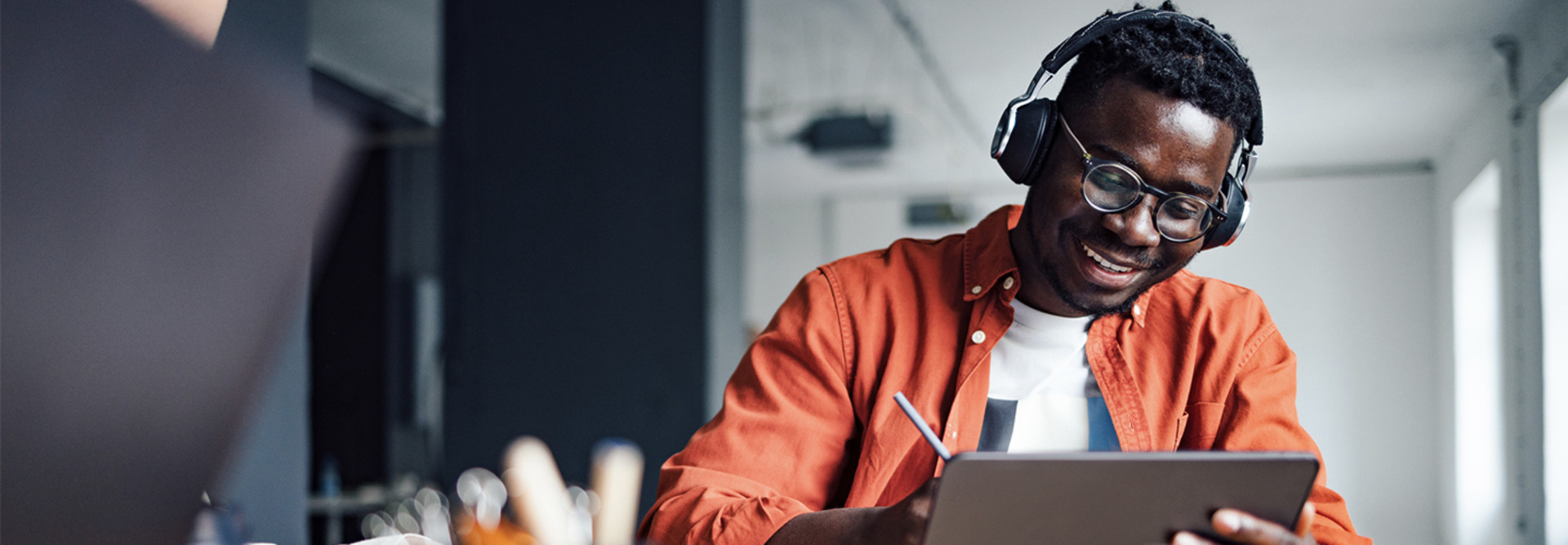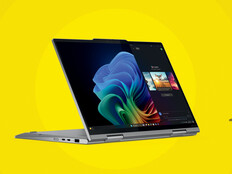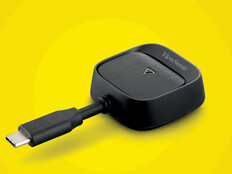Cayden McMillian | University of North Carolina at Greensboro
Research has found that Apple iPad devices can have a very positive impact on students and their classroom performance.
Every student learns differently, and the adaptability of these devices can provide students with a more personalized learning experience, improving productivity and test scores. Some students enjoy interactive assignments, such as educational games and presentations. Others enjoy visual assignments, such as educational videos. With the use of an iPad, every learning style can be addressed.
The current crop of college students is a generation of digital natives. Incorporating the iPad could also lead to an increase in student engagement, especially through use of the tablet’s note-taking capabilities. I recently bought an iPad, and this feature is my favorite thing about it. My note taking in class has reached a whole new level. I can insert diagrams, charts, pictures and shapes while taking notes. It has led to me being much more engaged in my classes and able to retain more information from lectures. Switching my work from paper to the iPad has even raised my exam scores and overall course grades in addition to making my learning experience much more enjoyable.
LEARN MORE: What is a flipped classroom, and how is it being applied to hybrid learning?
Accessibility is another huge benefit of having an iPad. The tablet can offer accessible learning to students with disabilities. It can provide text-to-speech functionality for students, and users can even customize screen and keyboard settings to fit any needs. The iPad has a reader feature that could be useful to visually impaired students while also revealing the correct pronunciation of words. Every student on campus could benefit from using an iPad since it is such an adaptive device.
Not only does giving students iPads benefit the students but it could also benefit the university. Equipping students with iPads could help reduce the cost of using traditional textbooks. When a university gives a student an iPad, it could include all the online course materials needed. Almost every course I have taken at my university has already switched to using e-books but does not supply students with any technology.
Students receiving iPads could remove some of the burden of finding the right technology, cut down on costs and help build to an eco-friendlier environment at their universities. Many universities now take pride in fostering sustainability; switching from paper textbooks and paper note taking to iPads would be a great step toward a more sustainable campus.
If my university offered to buy me one piece of technology, I would ask for an iPad. Having an iPad has given me a new perspective on learning. I believe every student should be able to experience the benefits of having an iPad issued by the university. It would be a great investment that would lead to better academic performance and more personalized learning experiences for everyone. Issuing iPads would also be a great incentive to get more students to consider attending the university. When I was applying to colleges, if I had known of any universities giving iPads to their students, they would have automatically moved to the top of my list. The iPad is such an innovative piece of technology, and every university should consider issuing them to their students.
READ MORE: Learn how higher ed device programs can spur student success and improve retention.
Alejandra Valles | The University of Texas at Austin
Although tablets are not required for students, they serve as great supplementary devices that can ultimately drive student success. Tablets are handy in many different situations students encounter. I personally use my iPad to take notes, turn in assignments, watch lecture recordings and edit professors’ materials.
Several of my professors provide the lecture slides for every class, with blanks for the student fill in themselves with notes. This keeps the student engaged and interested in the topic throughout the lesson. Many of my professors also require homework assignments to be handwritten and turned in online. If a student uses a pen and paper for these assignments, they must scan the final copy through their phone camera, make sure everything is legible and then submit it through an online platform. An iPad would make this process much easier.
Professors also sometimes require students to use a template for an assignment. For these assignments, students must print the template, complete it, scan it and then submit it online. For me, using a tablet has helped facilitate these situations more quickly. I can download professors’ slides, notes and templates, edit them and turn them in online through one device.
I sometimes find myself not using a laptop in class at all, since using a tablet is simply more efficient and provides more utilities for note taking than a computer does. For this reason, I believe all students should have access to tablets. Universities already provide computer labs for students’ needs, but access to tablets would significantly benefit students in their college careers.










